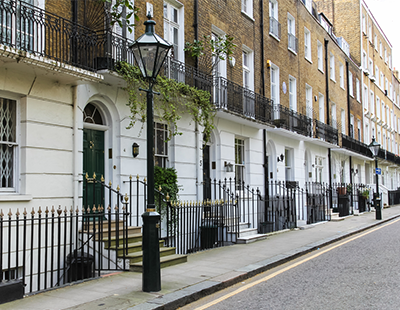
House price inflation in London continues to slow and has now reached 4.9 per cent year-on-year according to Hometrack.
London is now among the five slowest growing cities, and is seeing its lowest rate of house price growth for five years as affordability pressures impact demand for housing.
“Cities that have been driving house price growth over the last two to three years, such as London and Cambridge, are now seeing a significant slowdown while large regional cities continue to register robust and sustained levels of house price growth” explains Richard Donnell, insight director at Hometrack.
The five lowest price growth cities in the 20 analysed monthly by Hometrack are Oxford, Belfast, Cambridge and Aberdeen in addition to London.
However, by contrast, buyers in many other cities where affordability levels are better appear to have shrugged off fears of Brexit and have taken advantage of record low mortgage rates.
Average city house prices in Hometrack’s basket of 20 locations grew 3.5 per cent in the first three months of this year, the highest quarterly rate of price inflation for three years.
The uplift in prices over the last quarter has pushed the annual headline rate of growth for the Index to 6.4 per cent, up from 4.9 per cent in December 2016. The impetus for this higher rate of inflation is emanating from large regional cities such as Newcastle, Glasgow, Edinburgh and Manchester which registered above average price increases over the first quarter of 2017.
Manchester remains the fastest growing city with an annual growth rate of 8.8 per cent followed by Birmingham at 8.0 per cent and then Bristol at 7.3 per cent. Manchester, Birmingham and Newcastle are recording levels of house price increases not seen for 12 years, says Hometrack.
“The announcement of the General Election may create some short term uncertainty although comparing the profile of sales volumes between election years and non-election years there is no material difference” explains Donnell.
“Compared to the level of uncertainty over Brexit, it is debatable whether the election will really make a material difference to buyers’ decision in the next two months. In our view the current market trends appear well set for the rest of 2017 where above average growth in regional cities offsets weak, single digit increases in southern cities” he adds.

















%20A%20property%20tale%20for%20our%20times.png)








Join the conversation
Be the first to comment (please use the comment box below)
Please login to comment